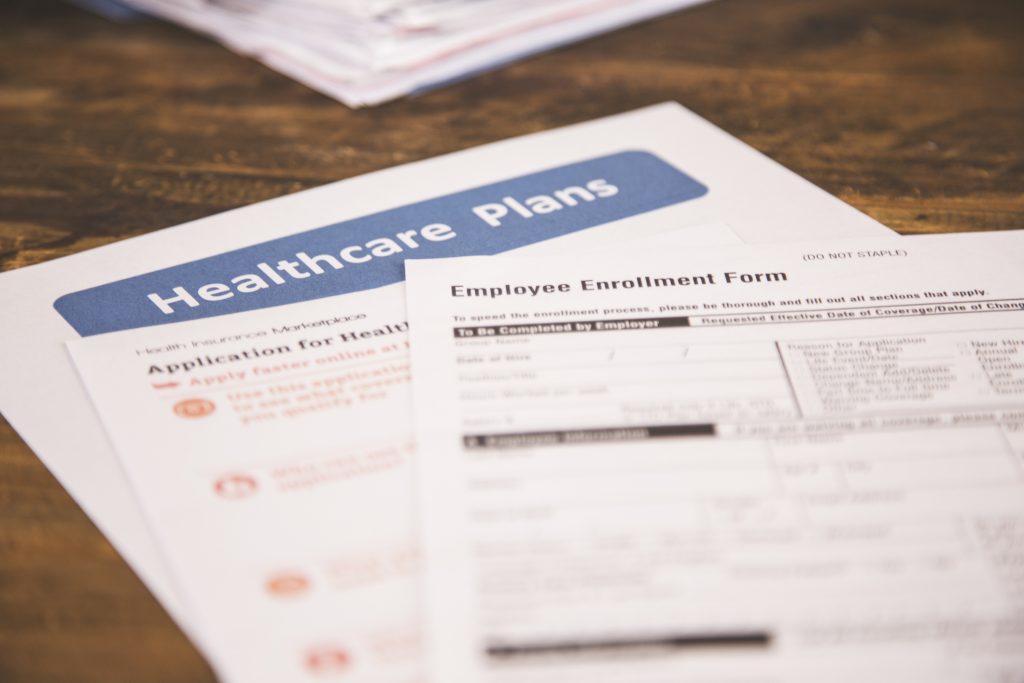Providing direct primary care to uninsured patients

Direct primary care (DPC) practices are built on the premise that patients will pay monthly membership fees to cover the basic services provided by the practice and the primary care physician will not accept insurance from those patients. However, DPC physicians often recommend that patients secure high deductible insurance coverage for catastrophic events or to cover additional services such as specialty provider visits.
In a recent article published in Physicians Practice, Rob Lamberts, MD, also an Elation doctor, explains that uninsured patients may require additional strategies on the part of the primary care physician, even when they are being treated by a DPC practice.
Dr. Lamberts states that the patient who is not covered by additional insurance is “at constant risk of developing conditions that could quickly bankrupt them.” He further explains that this situation makes the job of the primary care physician, “who has to manage the care in such a way to minimize the need for specialists and hospital care, critical to both the health and financial well-being of the patient.”
Financial stress can certainly have an impact on patients who need additional services, such as x-rays, prescriptions, or visits to specialty physicians to treat a chronic disease. Dr. Lamberts states that the primary care physician who pays attention “to this real and significant stress will not only help the patient but will also reassure them that the care they are getting is comprehensive.”
In his article, Dr. Lamberts offers several guidelines for the primary care physician working with an uninsured patient:
- Cost Will Drive Care. Decisions on whether to send a patient to a specialty physician should take into consideration whether that patient can afford the specialty visit and whether it is truly necessary. Many times, the primary care physician can offer alternative solutions that will benefit the patient’s health without being an additional cause of financial stress.
- Know Where to Get the Lowest Prices. Medications can become one of the most expensive aspects of a patient’s treatment plan. The cost of prescriptions can be reduced through research into programs that offer discounts and even pharmacies that may have a program for low-income or uninsured patients.
- Be Firm When You Have To. Care for an emergency or urgent situation, like appendicitis, cannot depend on a patient’s ability to afford treatment. Many healthcare facilities also offer programs for low-income or uninsured patients.
In the words of Dr. Lamberts, “People are more than just physical bodies, and should be considered on all levels, including economic.”






